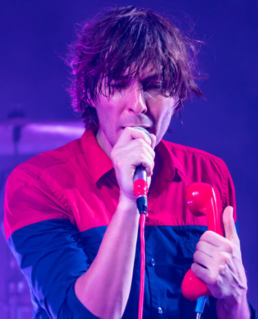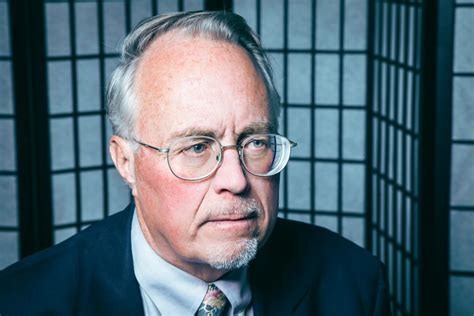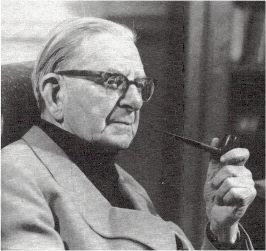A Quote by Diana Ross
I want an autobiography without revealing any personal information.
Quote Topics
Related Quotes
We want character but without unyielding conviction; we want strong morality but without the emotional burden of guilt or shame; we want virtue but without particular moral justifications that invariably offend; we want good without having to name evil; we want decency without the authority to insist upon it; we want more community without any limitations to personal freedom. In short, we want what we cannot possibly have on the terms that we want it.
Eclectic is a word that appears almost as much as the word smarmy in rock journalism and I've come to the fact, just as a personal side, this reminds of Oscar Wilde's insight that criticism is the highest form of autobiography. I think that's exactly what rock journalism has attempted to do, to celebrate its autobiography at my expense.
I think that I would really like at first for the art to speak for itself. I don't see the need for a lot of personal information about my past or who I am. I would rather the personal side of it just be in the concepts and the genuine feelings that I filter through my work. I know that it's inevitable that people can find whatever they want about me. Once I've had a chance to create a language and a world with my art, then I'm more comfortable sharing that information.




































